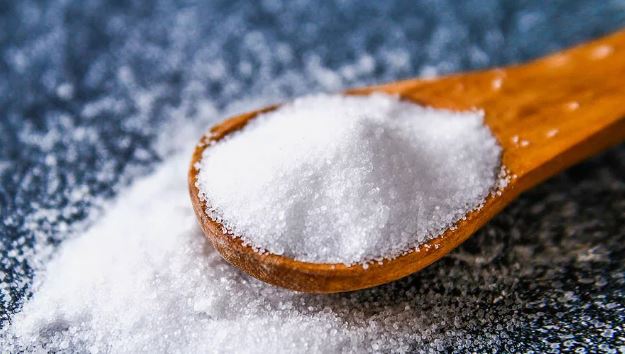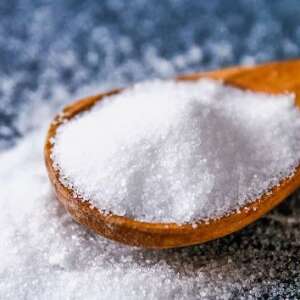Jha also highlighted the importance of generating more evidence on the safety and efficacy of salt substitutes for vulnerable populations, especially those with kidney issues.
Experts have welcomed the World Health Organization’s (WHO) new guidelines recommending the use of potassium-enriched salt as a means to combat hypertension and related heart risks. Potassium salt, or potassium chloride (KCl), is considered a potential alternative to sodium-rich table salt and could play a key role in reducing noncommunicable diseases (NCDs) such as cardiovascular diseases (CVDs) and chronic kidney disease by lowering blood pressure.
The WHO suggests substituting regular salt with potassium-enriched salt to reduce the intake of sodium, a major contributor to hypertension and related conditions. As WHO data reveals, every year, 80 lakh people die due to poor diet, with 19 lakh of those deaths linked to high sodium intake.
“High sodium concentration is associated with higher blood pressure levels. Long-term impact leads to hypertension and heart disease,” said Dr. Harshal R Salve, Additional Professor at AIIMS, New Delhi.

The new WHO guidelines emphasize reducing sodium intake to below 2 grams per day (equivalent to about 5 grams of salt) and suggest replacing part of the sodium with potassium. They also provide evidence-based guidance on lower-sodium salt substitutes (LSSS) as a solution, which includes potassium chloride to achieve a similar flavor to regular salt but with less sodium.
LSSS is recommended not only for discretionary use (salt added during cooking or at the table) but also for non-discretionary use in manufactured foods, restaurant dishes, and condiments like soy sauce and fish sauce. These alternatives help lower sodium intake while potentially offering additional health benefits.
Dr. Salve emphasized that potassium-enriched salt substitutes should be promoted and scaling up their use would require regulatory measures, particularly for packaged foods. However, the WHO guidelines caution against using potassium-based salts in women, children, or those with kidney impairments due to insufficient data.
Prof. Vivekanand Jha, Executive Director of The George Institute for Global Health India, urged efforts to make potassium-enriched salts affordable and widely available, especially in rural areas, to address the growing concerns of hypertension and related diseases in India.
Jha also highlighted the importance of generating more evidence on the safety and efficacy of salt substitutes for vulnerable populations, especially those with kidney issues.
While potassium-enriched salts hold promise, experts stress that safety concerns about hyperkalemia—too high a level of potassium in the blood—remain, particularly for individuals with impaired kidney function. The WHO has called for a thorough review of the health effects of LSSS.













